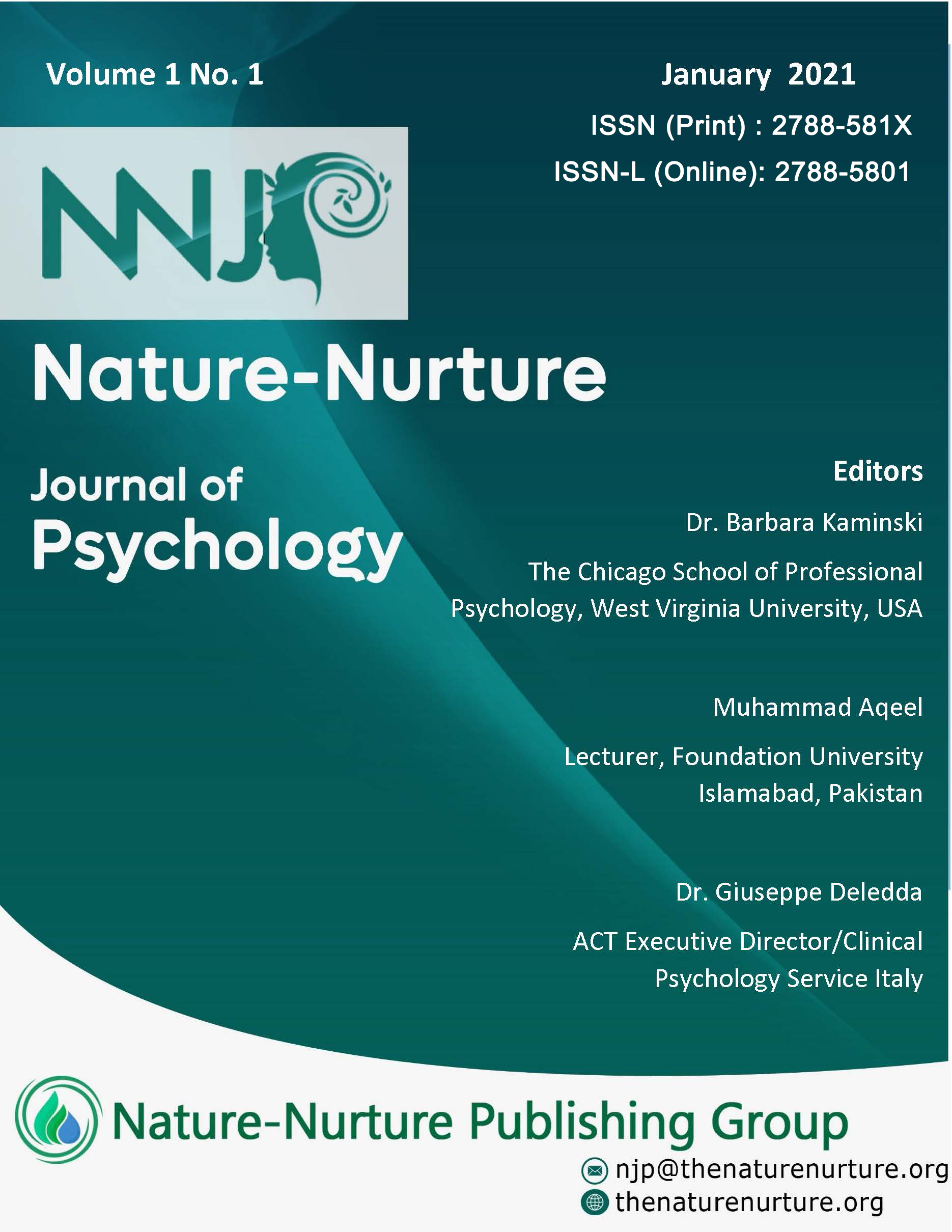Abstract
Background: Previous studies suggested a link among loneliness, inter?parental conflict and emotional intelligence in adolescents. Most researches, however, have tended to emphasis on children's shy behavior in considering the effects of emotional intelligence on inter?parental conflict. This present cross-sectional study extends this body of study by considering the moderating role of emotional intelligence between inter-parental conflicts and loneliness in male and female adolescents.
Methods: Purposive sampling technique was used bases on cross-sectional study design. 201 participants with age ranged from 12 to 18(M=15.00, SD=.03) was selected from different school of Rawalpindi and Islamabad, Pakistan. Three tools were used to assess emotional intelligence, inter-parental conflicts and loneliness in adolescents.
Results: The study findings revealed that inter-parental conflicts was positively related to loneliness for male adolescents. Furthermore, conflict properties of frequency, intensity, resolution, perceived threat, coping efficacy, triangulation, stability subscales of inter-parental conflicts were positively associated with loneliness for male adolescents. However, emotional intelligence was also positively associated with loneliness for male adolescents. Whereas study revealed that a significant relationship between the conflict properties of perceived threat and emotional intelligence for female adolescents but conflict properties of triangulation was associated with loneliness for female adolescents. The results demonstrated that emotional intelligence moderated on the relationship between inter-parental conflicts and loneliness in male and female adolescents.
Conclusions: The study suggested that male can get more benefit by addressing inter-parental conflicts. It would be helpful for the pedagogical settings and also helpful in clinical settings to resolve the conflict of male adolescents through emotional intelligence.

This work is licensed under a Creative Commons Attribution 4.0 International License.

